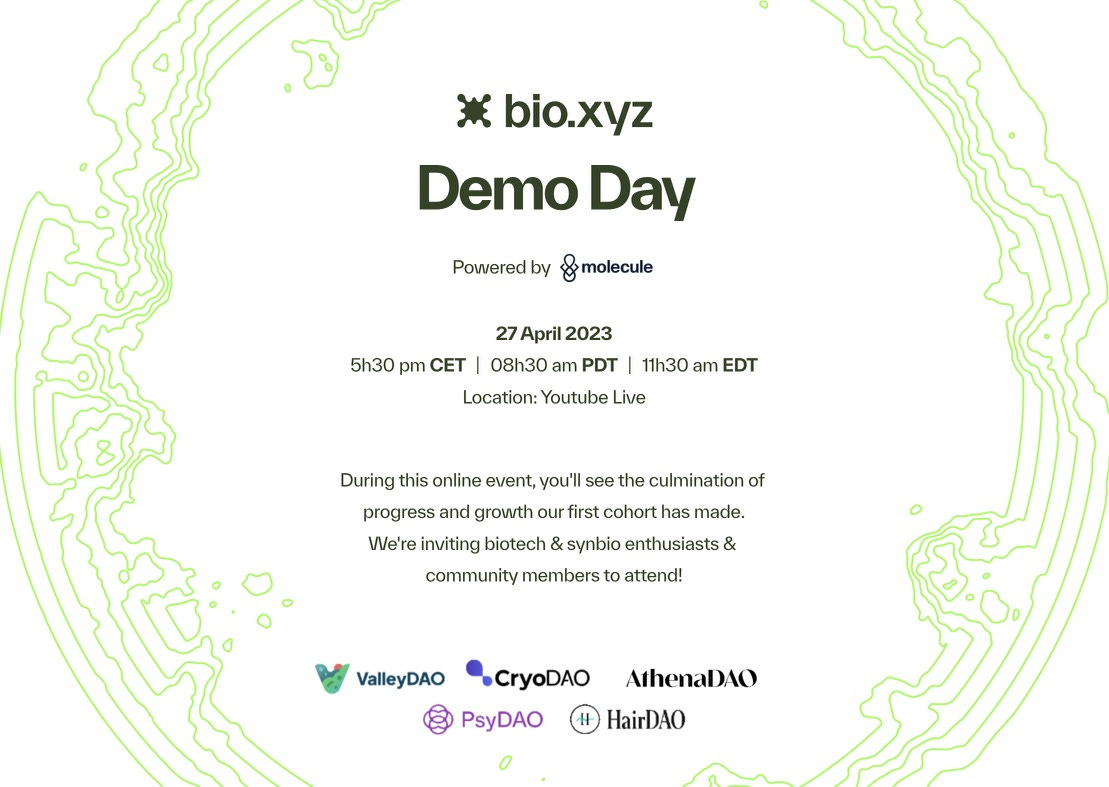Hello 👋 and welcome to AthenaDAO’s Newsletter where we explore women’s health at the intersection of research, tech, and web3. 🪩
In Part 1 of the Egg Freezing Guide, we told the story of Alex, a 27-year-old preparing to freeze her eggs. We tackled the data behind egg freezing, and now it is time to talk about something very important: the process of egg freezing.
By Nidhi Parekh, founder of The Shared Microscope
Data and medical information were checked by our lead OB-GYN Dr. Melissa Walsh.
What is the egg-freezing process? How long does it take?
The egg-freezing process typically takes 2-4 weeks, depending on how long the ovarian stimulation step takes. It involves a couple of steps:
Ovarian Stimulation:
First, the ovaries are stimulated to produce multiple mature eggs. This is done using hormones, such as follicle-stimulating hormone (FSH), which are usually given by injection over a period of about 8 to 14 days. The growth and development of the eggs are closely monitored through ultrasounds and blood tests.Egg Retrieval:
Once the eggs have reached maturity, they are retrieved from the ovaries using a minimally invasive procedure called transvaginal ultrasound-guided follicle aspiration. A needle is inserted through the vaginal wall to aspirate the fluid and eggs from each follicle. This sounds uncomfortable, but don’t worry, this procedure only lasts about 20-30 minutes and is performed under sedation or anesthesia to minimize discomfort.
Egg Freezing:
The final step. This is where the eggs are then frozen using a process called vitrification, which involves rapidly cooling the eggs to -196°C to prevent ice crystal formation and damage to the eggs. Once the eggs are frozen, they need to be stored and can be thawed for when you’re ready to use them.
What are some of the side effects of freezing your eggs?
The egg-freezing process can cause a number of side effects, including cramping, bloating, spotting, weight gain, mood swings and headaches. Some of these are what you would expect. In rare cases, egg stimulation can cause a condition known as ovarian hyperstimulation syndrome (OHSS), which can cause abdominal or pelvic pain, nausea, and transient weight gain of about 5 kgs in 3-5 days. This could also cause blood clots in the legs and shortness of breath in some rare cases. It is important to discuss your personal risk of complications with your clinician prior to starting the process.
What injections are used and how do they work?
Before the actual extraction of the eggs for egg freezing, daily injections of fertility drugs are usually given. These drugs are similar to those used in preparation for the IVF process and may include follicle-stimulating hormones, luteinizing hormones, or a combination of these two. Typically, the individual undergoing egg freezing will administer these injections themselves in the abdomen or thigh over the course of 10-14 days. However, it is important to note that all these factors vary from person to person. The dosage of these injections may be modified throughout the egg-freezing process.
Closer to the end of the preparation period, it is typical that a shot of human chorionic gonadotropin (hCG) will be administered in order to help the eggs mature before extraction. 36 hours following this injection, eggs are retrieved via transvaginal ultrasound-guided follicle aspiration.
Following these injections, an individual is likely to experience changes within their cycle and their period, however, these changes will be resolved generally between a few weeks or a few months. Following egg extraction, your first period may last a longer time or be heavier than what is normal, but this will not be a long-lasting problem. There are no recorded long-term effects on the menstrual cycle or fertility.
Sources:
https://www.sartcorsonline.com/rptCSR_PublicMultYear.aspx?ClinicPKID=0
https://my.clevelandclinic.org/health/treatments/17441-egg-retrieval-what-to-expect
In our next issue, we’ll be investigating the external factors to egg freezing - such as the external costs and finding a clinic. For now, if you would like more information, we encourage checking out the following resources for more information:
For more information about women’s reproductive biology and other topics related to this, feel free to check out AthenaDAO’s Reproductive Health Report!
📣 Event Announcements
Our first Town Hall
AthenaDAO will be hosting our first-ever town hall this Wednesday, April 19th!
We’ll be discussing our roadmap and the launch of our Genesis NFT Membership. Learn about the research projects we have up for funding and all our updates. We’re inviting anyone who is interested in women’s health, biotech, web3, or all of the above! Let’s talk the future of AthenaDAO. 💁♀️
Demo Day
Join us for our Demo Day!
Bio.xyz is a biotech DAO accelerator empowering biotech builders, researchers and patient communities. AthenaDAO was selected to be part of its first cohort!
Their Demo Day is scheduled for April 27th, where an online showcase will highlight the achievements and advancements made by the inaugural cohort.
We’re inviting all biotech & women’s health enthusiasts & community members to join! RSVP here and witness the unveiling of the latest generation of BioDAOs.
Reproductive Technologies IVG Workshop
The National Academy of Sciences, Engineering, and Medicine will be hosting an IVG workshop from April 19th-April 21st, 2023. A contributor of AthenaDAO, Dr. Paula Amato will be speaking and it will be a fantastic learning opportunity!







